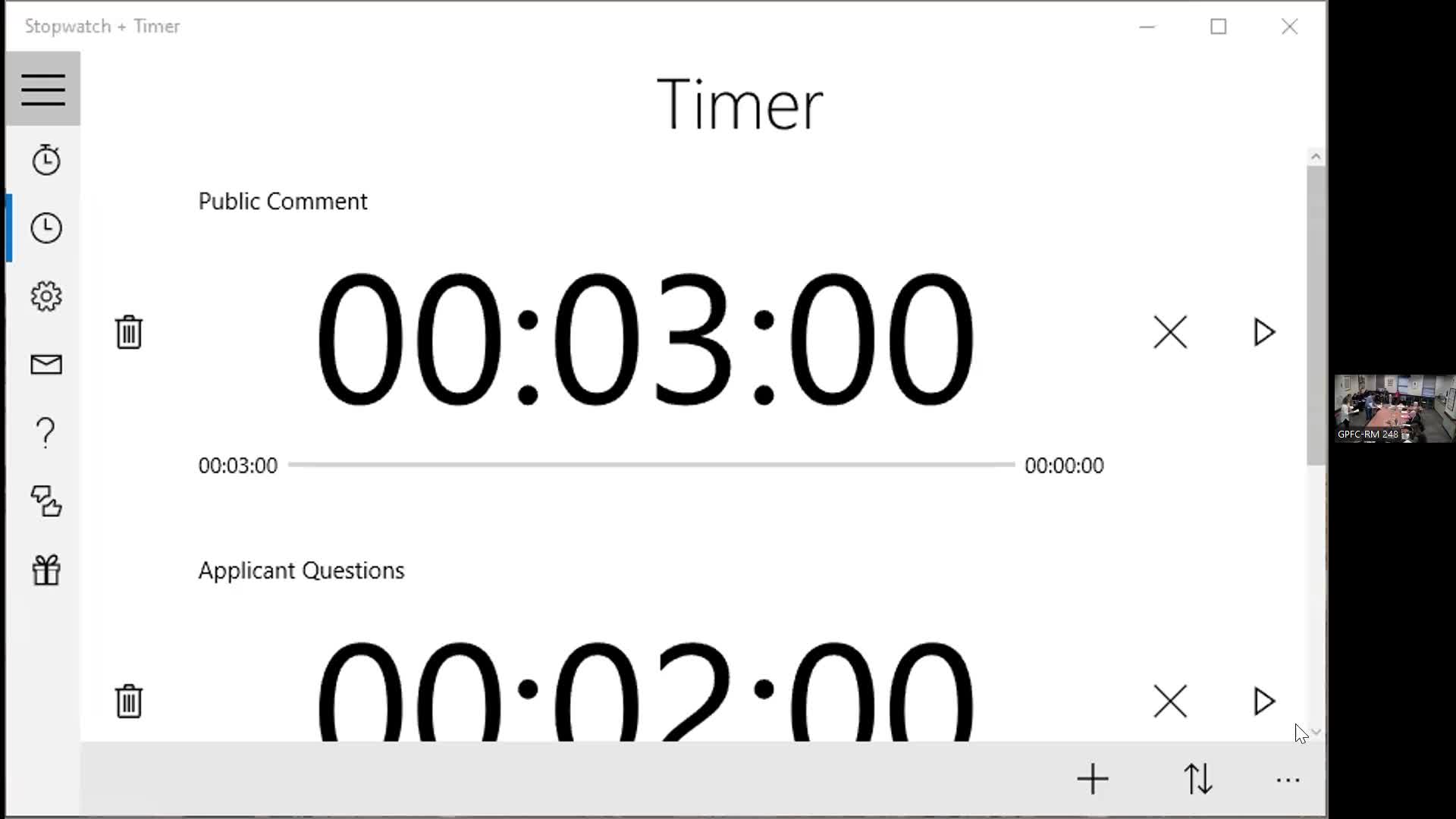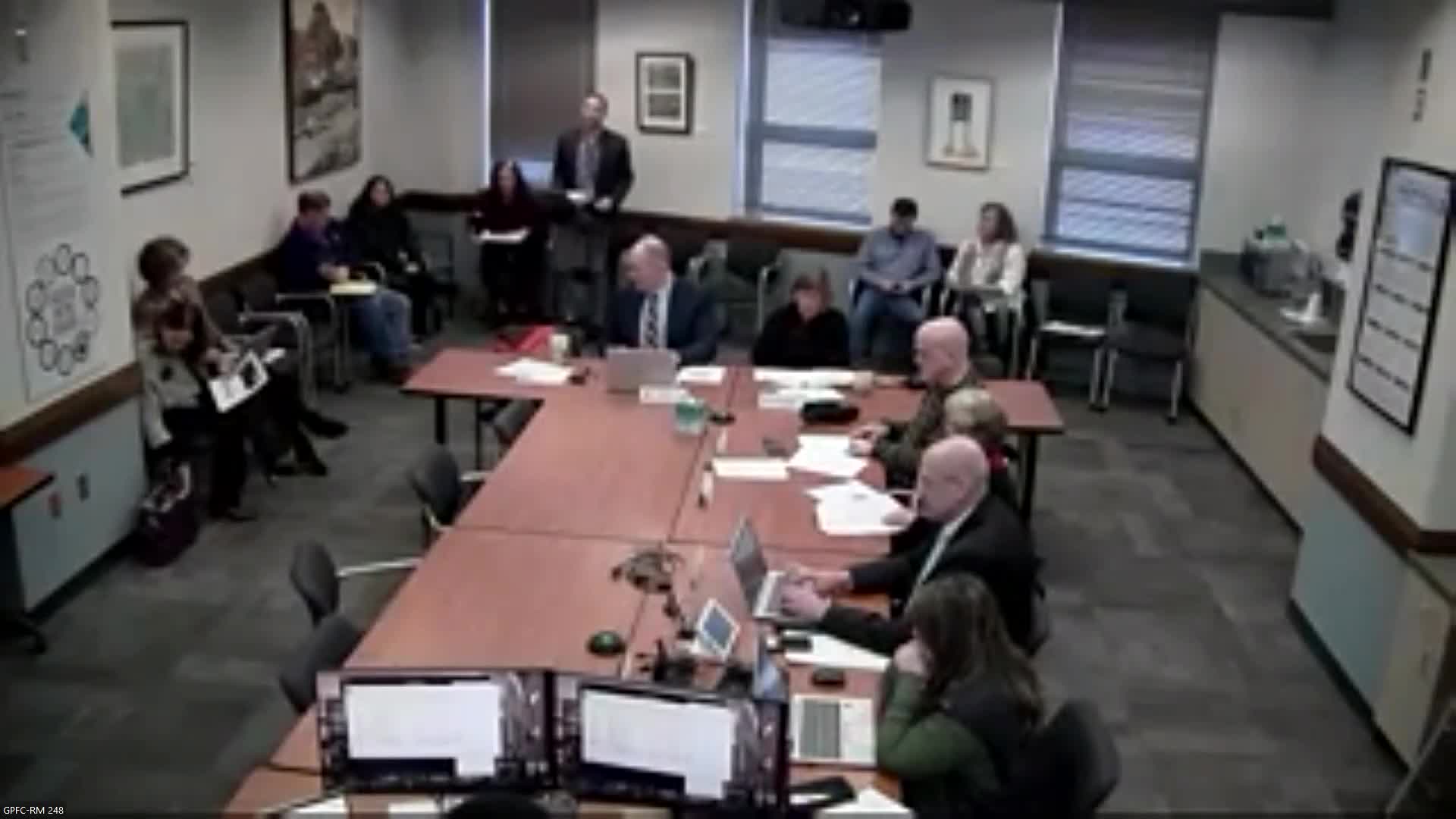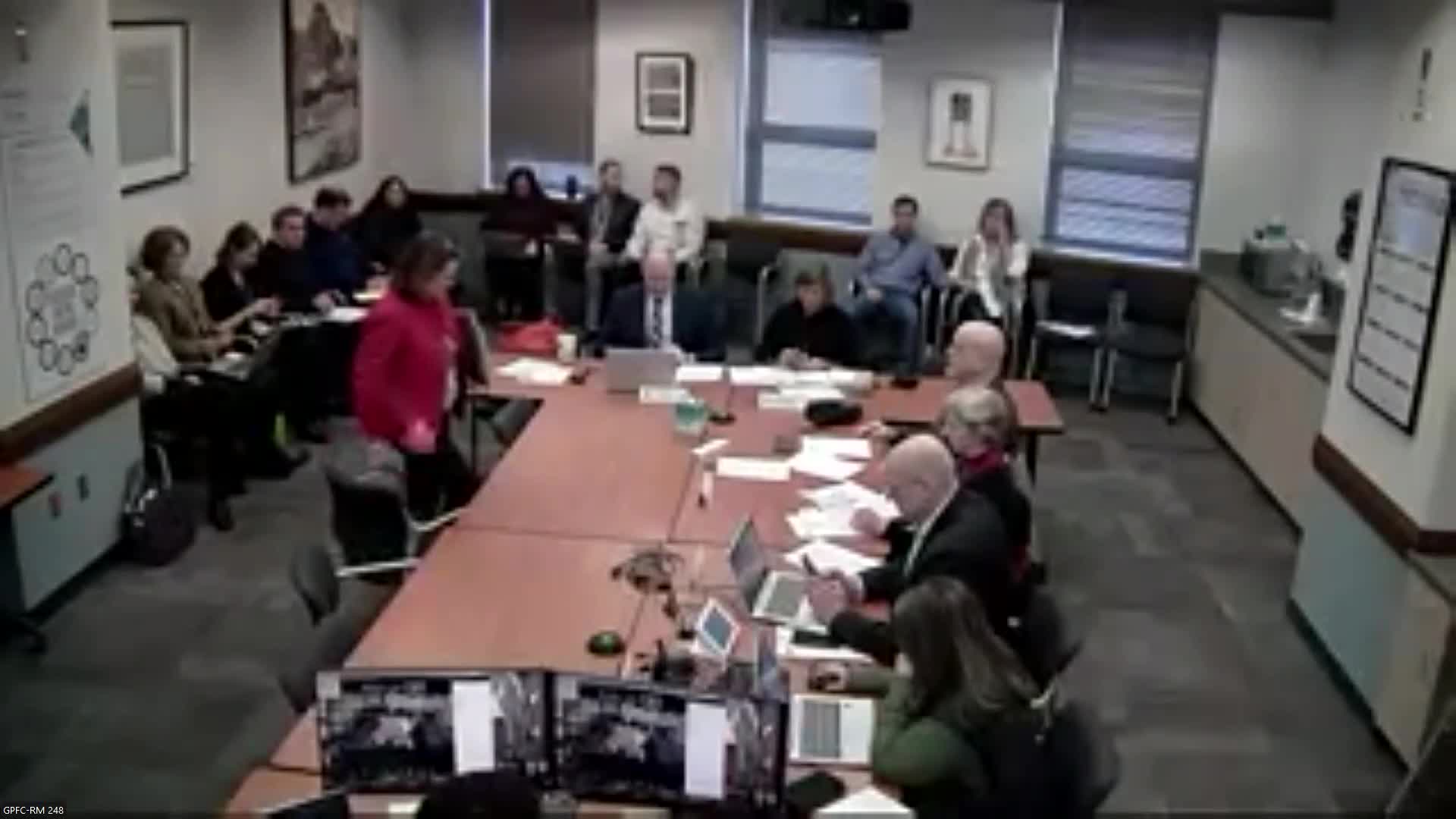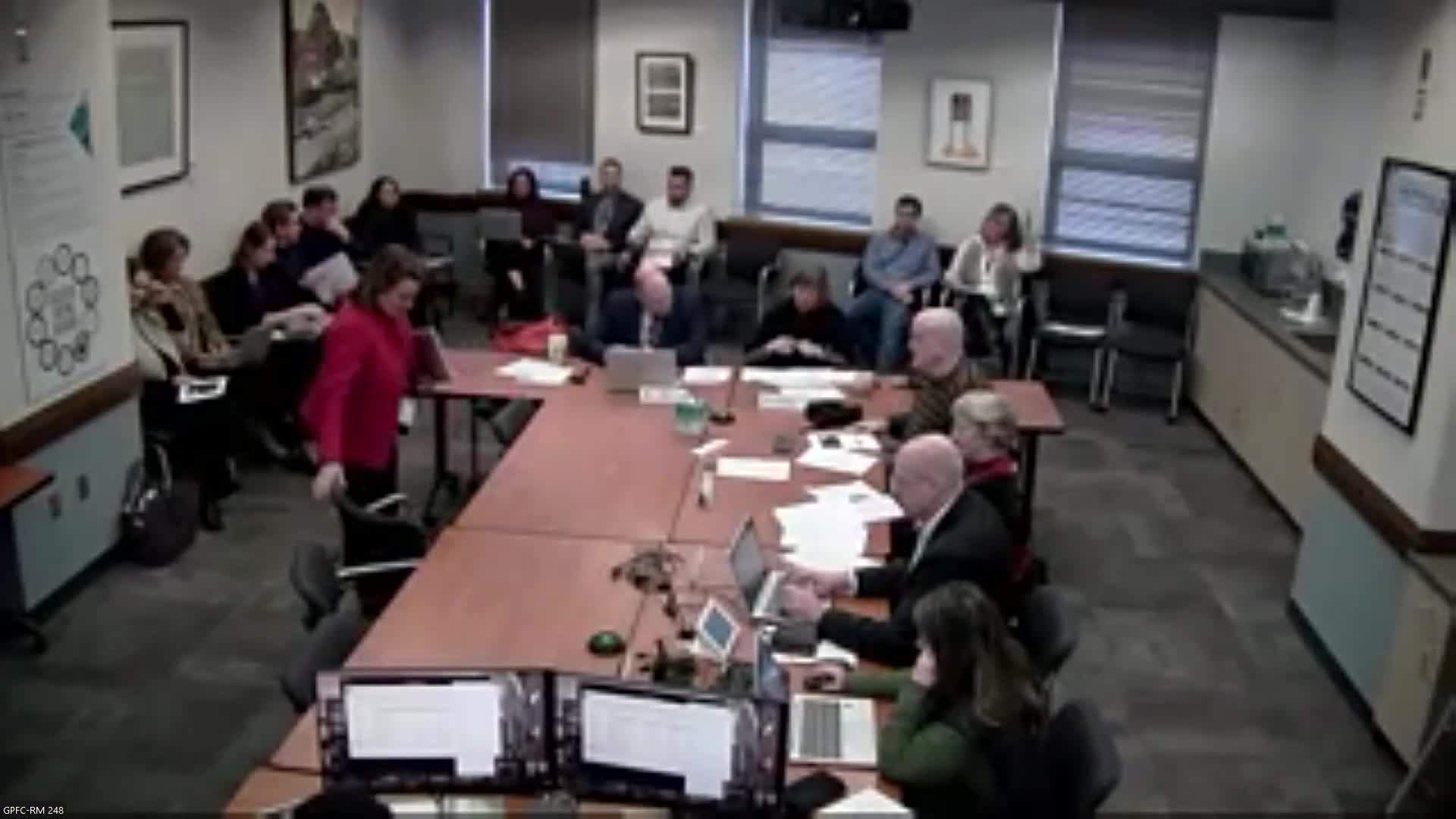Article not found
This article is no longer available. But don't worry—we've gathered other articles that discuss the same topic.

Tacoma committee advances broad animal-control changes after neighbors urge clearer rules on pigs

Tacoma committee reopens MFTE questions: unit size, AMI levels and extensions under review

Committee recommends members for Proposition 2 For and Against committees; sends names to full council

